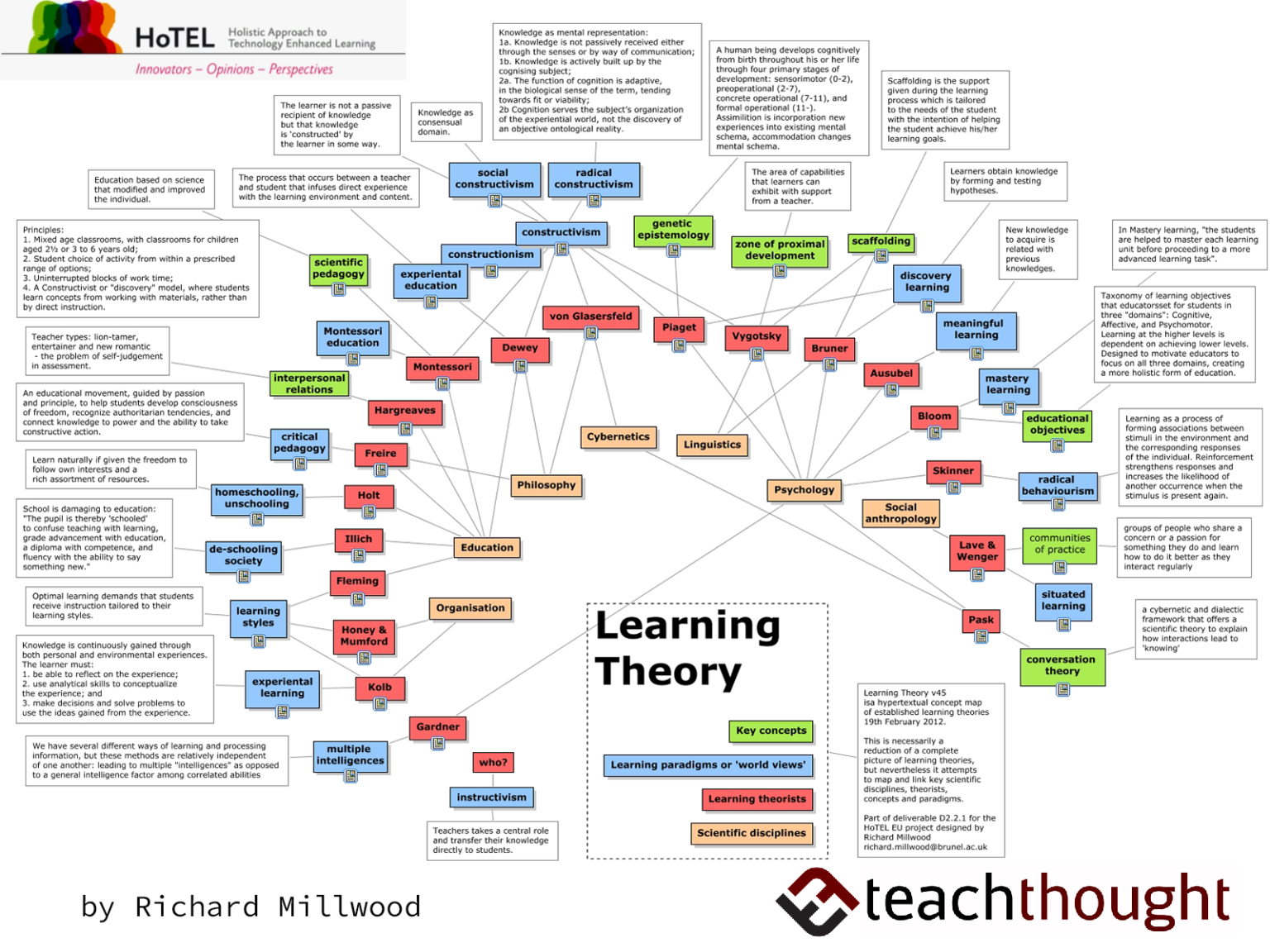Learning
2021-11-27 links: reference: http://www.scholarpedia.org/
Learning #
-
Active recall (as in spaced repetition) > re-reading R
-
I truly wonder if taking notes on everything I find novel is dulling my sorting algorithm for useful information and leading me to just arbitrarily seek novelty and not totally internalize what I’m learning into a specialized mental toolkit but rather makes me a shitty swiss army knife. I guess you get what you ask for when you build a “second brain”. An interesting merging of wetware and hardware, of instant recall in the neomindspace; so I’m wondering if it’s worth it to use a text editor and a hard drive as neuroprosthesis.
- I have again confronted this after reading about ‘Goldfish reading’. It’s taking this to the max with the help of spaced repetition.
-
Hebbian theory/learning: Postsynaptic efficacy, thus Neuroplasticity, arises from persistent presynaptic stimulation.
-
https://www.paulgraham.com/lesson.html Tests are utterly useless though they’re necessary. Instead of reading the best material on a certain subject, you probe the course material for what you expect to be on the test. This might be important/significant information but not exactly what you’re interested in. (To be fair this isn’t really a problem in math) All of this is to get a good grade, which is the best measure a school has of competency. But in reality, it’s originality that should probably be rewarded. Like, what really is “competency”? Again on the whole tangent of what makes knowldge actually “deep”. If you knew an Einstein or a Shakespeare in your high school, he probably wouldn’t appear all that out of the ordinary. I think I beg to differ on the latter, because in his presence I would kneel at his every utterance if he spoke as he wrote.
-
On Learning Difficult Things (So8res - Lesswrong) Hashtag retweet bro: sometimes you get stuck on things that are heavily context dependent such that asking about it on StackExchange or the like would just be stupid, since somebody in your class or a friend you’re learning this stuff with would be able to answer it in seconds, because they probably understand ’that one stupid thing’. There is a LessWrong study hall thing which may be totally outdated. And meetup groups, which are also mostly dead.
- Read 3 times, just like Spaced Repetition. So8res does not use Anki, though. This guy is the big shot IIRC.
-
https://fs.blog/category/mental-models/ Show this to your kids. Lesswrong lite for more established laws/rules.
-

Cognitive Load #
-
https://www.frontiersin.org/articles/10.3389/feduc.2021.645284/full
- Three main types:
- Intrinisic: The complexity of learning the task itself.
- It’s kind of objective, but often it’s defined as being dependent on the complexity being lowered by a given learner’s prior knowledge.
- Extraneous: Task-irrelevant, inappropriate.
- German cognitive load (more controversial): Actively allocating resources, namely building schemata.
- Obviously pretty similar to intrinsic cognitive load, but the difference is that intrinsic mirrors the given task affordances, while german resouces are essentially done at the learner’s discretion.
- Intrinisic: The complexity of learning the task itself.
- Three main types: